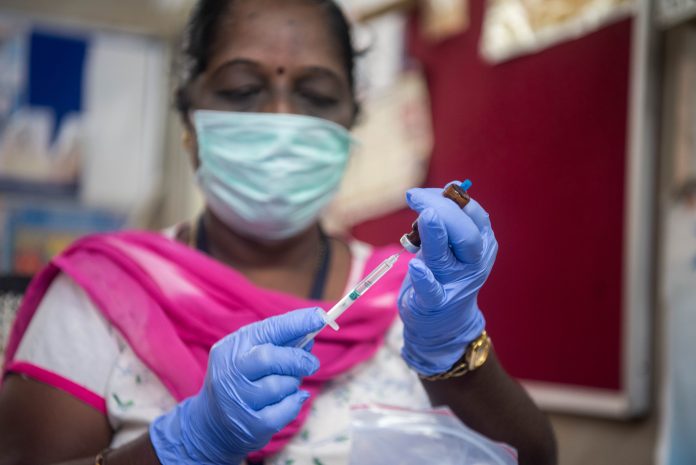Scientists analysed 23,754 menstrual cycles to find that menstruation can be temporarily, harmlessly changed – by taking two mRNA vaccines during the same cycle
People have been discussing anecdotes about COVID vaccines and their periods for a long time. On Twitter, users regularly voice their opinions about a link between the vaccine and their menstrual cycle. Some lament that it isn’t investigated as a health priority. For others, the lack of information can lead to vaccine hesitancy. In general, there is a sense that this mystery of contemporary health has been neglected due to misogynistic decision-making in research.
Dr Laura Payne, director of McLean Hospital and not involved in this study, said: “In many areas of health research, we don’t often study the menstrual cycle. We don’t acknowledge the potential role that hormonal changes reproductive-age women go through could have on outcomes.”
mRNA vaccines change cycle by one day
A new study focuses on figuring out some truths about vaccination and menstruation, using menstrual cycle data generated by 3,959 individuals.
The authors, nodding to widespread anecdotes on the vaccination-menstruation link, said: “Self-reports are useful for rapidly identifying potential signals or rare adverse events, but they are limited by significant confounding and reporting biases.”
The research, published in Obstetrics & Gynecology, finds that participants had a cycle length can change by only 1 day. This apparently happens only to those who are vaccinated with two mRNA doses, such as Pfizer or Moderna, within one of their cycles.
This change did not increase length of menstruation itself. So for instance, if your period was normally for four or seven days, it would remain four or seven days. But you might experience a longer cycle around it, meaning that it would be later than normal.
Can vaccines permanently change menstrual cycles?
Based on the data in this study, no.
The possible change is a menstrual delay of one day.
Since period cycles are hormonal, stress experienced by individuals can change a cycle. Loss or anxiety can be enough to change menstruation dates.
So, the researchers found a more significant menstruation cycle change of eight days – in just 4.3% of unvaccinated and 5.2% of vaccinated people. The difference of 1.1% is not thought to seriously mean anything, or indicate any overall trend in population experience of post-vaccine menstruation. This group of eight-day changers resumed their normal timeframes within another two cycles.
With that in mind, the team want to do more research. They were able to answer one question, but more remain – such as the impact of COVID infection on menstrual cycles.
Can mRNA vaccines harm fertility?
The evidence points to no.
If the two doses of mRNA vaccines are “timed correctly”, they can temporarily adjust the timeframe for the hypothalamic-pituitary-ovarian axis – also known as the delicate balance of hormones that allow the human body to produce lining for the womb and expel it, once a month.
In their write-up, the authors point out that COVID-19 has devastating effects on the same processes. They say that infection with the virus “could be catastrophic to hypothalamic-pituitary-ovarian axis function, sometimes permanently.”











